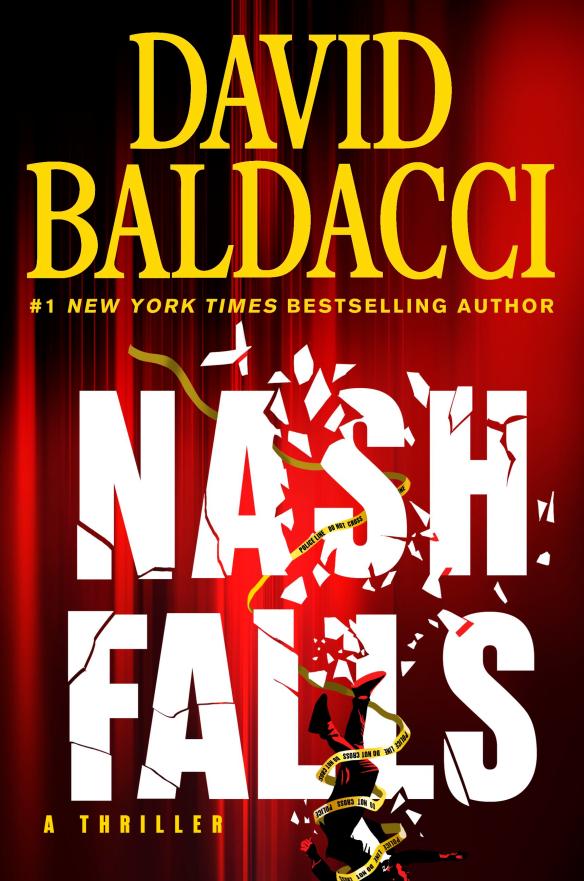The Hadacol Boogie is the 25th in the Dave Robicheaux series, and in some regards, it is the best. My great thanks go to NetGalley and Grove Atlantic for the invitation to read and review. This book is for sale now.
All of the books in this series boast complex plots and resonant characters. Particularly rich is the relationship between Dave and his former cop partner, Clete Purcel, whom he has known since early childhood. In most stories, Clete is a loose cannon—the reason he is no longer a cop, but a private eye—and Dave is his moderating influence. “For whatever reason, Clete could not resist swatting a hornet’s nest wherever he went.“ But this story presents a shift, in which Dave is not fully in control of his own behavior. I have never seen anyone else, whether writing fiction or nonfiction, refer to a “dry drunk,” which is when a recovering alcoholic, without having consumed alcohol, exhibits the behaviors of a drunk, with terrible impulse control and bouts of rage. Dave does some of that here, and Clete is the one to rein him in.
But that isn’t the greatest thing about this story, to be honest. I’m ready to be done with mysteries involving alcoholic protagonists, and so Burke’s excellent writing skills prevent me from throwing up my hands or rolling my eyes, but the “dry drunk” isn’t a compelling part of the narrative for me. No, apart from the fact that Burke is a compelling craftsman—the Denver Post once called him “America’s best writer”—this particular novel is interesting to me because Burke has, at last, developed a female character that doesn’t fit into the Madonna-whore dichotomy that marks most of his earlier work. (An earlier exception is Dave’s boss, Helen, but it feels as if Burke is cheating a little bit there. I enjoy reading about Helen, but it’s clear that the one and only reason she isn’t dying to hop in bed with Dave, like every other female character has, or has wanted to, is because she is a lesbian.) Valerie Benoit is Dave’s new partner. It doesn’t take long for us to be aware that Detective Benoit has a thing for Dave. She’s young, he’s 60, but damn, he’s such a hot guy. At this point I’m ready to toss my reader across the room. Please, no! No! But the story doesn’t follow the trajectory that other women tend to do in Robicheaux’s books. Benoit wants Dave badly, yes, and I wish he’d left that out of this, but he didn’t. The thing that makes this story different is that Benoit is developed as a character should be; her love for Robicheaux isn’t all that we learn about her, nor necessarily the most important. And she and Dave don’t land in bed.
How cool is it for a highly successful writer to show this kind of growth when he’s past 80? I am so damn impressed, and I hope that we continue to see Benoit, not as his wife or his lover, but as a separate character with an independent identity.
I confess that I have never understood the culture of the place where this story unfolds; there are social formalities and intricacies mentioned that simply don’t apply in 2026 Seattle. I suspect these niceties also apply to the author, so it’s just as well I haven’t met him; I have no doubt I’d stick my foot in it, probably sooner rather than later.
Like the other books in this series, this one will appeal most to readers that lean a bit to the left, and that enjoy a literary mystery. There’s plenty of action here, but those that don’t want descriptive settings and allegory should probably go find themselves something else to read.
This book can certainly be read as a standalone, but it will resonate even more to the faithful that have read some or all of the series, as it does build on earlier events. Highly recommended.










